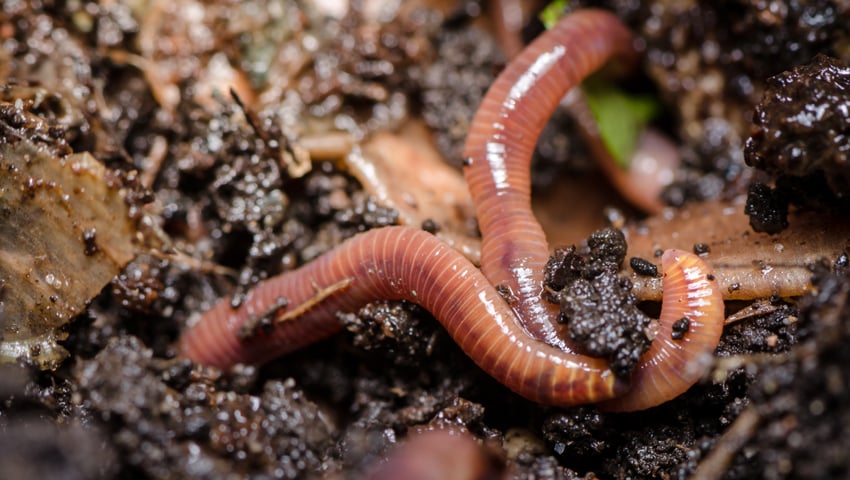Earthworms contribute to roughly 6.5% of global grain (maize, rice, wheat, barley) production and 2.3% of legume production, equivalent to over 140 million metric tons annually.
This contribution to the world’s grain harvest, The Guardian reports, makes earthworms the fourth largest global producer, roughly equivalent to Russia which produced 150m tonnes in 2022 and expects to produce 120m tonnes this year.
The study, published in Nature Communications, shows just how critical earthworms are as soil ecosystem engineers.
As worms move, feed, excrete and reproduce underground, they break down organic matter and aerate soils, increasing fertility and making nutrients available for smaller organisms. They also contribute enormously to the production of the soil carbon sponge, which can hold large volumes of water and sequestered carbon.
Lead researcher, Steven Fonte from Colorado State University, said, “This is the first effort that I’m aware of that’s trying to take one piece of soil biodiversity and say: ‘OK, this is the value of it; this is what it’s giving us on a global scale’. Soils are just such an intricate habitat but there has really been very few efforts to understand what that biodiversity means to our global crop yields.”
In policy circles, agricultural intensification has largely been credited for feeding a growing population over the last century. However, this paper shows that earthworms, whose populations have been dramatically undermined by intensive farming, will play a critically important role in the coming transition to agroecological food production.
The team estimated the impacts of earthworms on global production of key crops by analysing maps of earthworm abundance, soil properties, and crop yields together with earthworm-yield responses from the literature.
The researchers said that “Our findings indicate that earthworms contribute to roughly 6.5% of global grain (maize, rice, wheat, barley) production and 2.3% of legume production, equivalent to over 140 million metric tons annually.
“The earthworm contribution is especially notable in the global South, where earthworms contribute 10% of total grain production in Sub-Saharan Africa and 8% in Latin America and the Caribbean.
“Our findings suggest that earthworms are important drivers of global food production and that investment in agroecological policies and practices to support earthworm populations and overall soil biodiversity could contribute greatly to sustainable agricultural goals.”
Read the full paper: Earthworms contribute significantly to global food production
